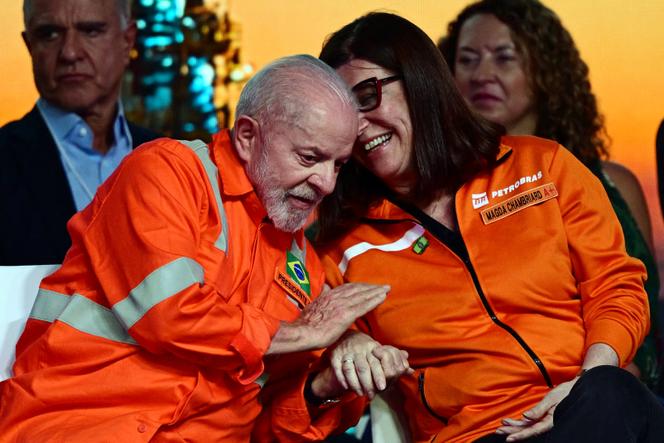


During his January 2023 inaugural address, President Luiz Inacio Lula da Silva, commonly referred to as "Lula," vowed to make Brazil a "leader in the fight against the climate crisis." "Our goal is to achieve zero deforestation in the Amazon [by 2030] and zero greenhouse gas emissions in our electricity mix [by 2050]," he had declared in Brasilia before the Brazilian Congress.
Since then, the center-left president has introduced multiple measures to meet these commitments. He has, for example, strengthened controls against illegal deforestation, implemented a national energy transition policy with an investment potential of 2 trillion reais (€330 billion), and ratified a law that has established a mandatory carbon market. But these efforts, which have received frequent international praise after four years of environmental devastation under the policies of far-right ex-president Jair Bolsonaro (2019-2023), now face numerous economic challenges.
Maria Cristina Yuan, director of institutional affairs at the Brazil Steel Institute, which represents the country's steel companies, has expressed concerns about the carbon market's impact on the sector's competitiveness. The market allows companies to emit a quota of 25,000 metric tons of CO₂ per year. Despite efforts to find greener solutions, steel production, which involves smelting iron ore and coke in blast furnaces, still emits above this threshold. Inevitably, "we will have to buy credits on the carbon market" from less-polluting companies, said Yuan.
You have 72.21% of this article left to read. The rest is for subscribers only.
